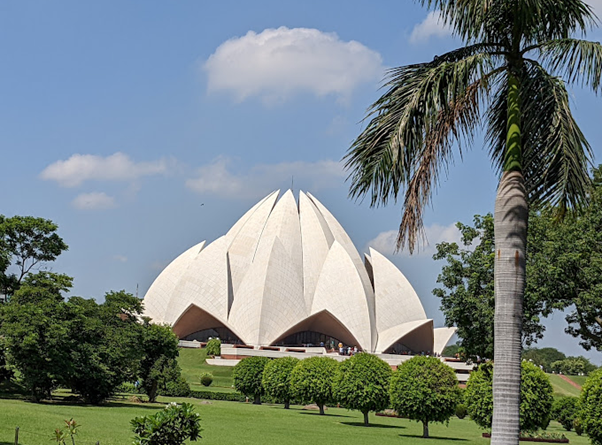The current tumult and instability demand for profound introspection as we emerge from the darkness of the Covid-19 health crisis and are perplexed by the abrupt acceleration in the otherwise steady advancement of civilisation. For Bahá’s, Naw-Rz is the beginning of a new year that coincides with the spring equinox and occurs after 19 days of fasting, often from 2 to 20 March, right after the conclusion of intercalary days.
In His Book of Laws, Bahá’u’lláh penned: “O people of the world! We’ve mandated that you fast for a little period, and we’ve set aside Naw-Rz as a feast at its conclusion. In fact, this day marks the culmination of all the months and their origin; it is the day on which life’s breath is spread across everything.
We attest to the fact that he truly belongs to the joyful. One of the happiest days of the year, it is the first day of the Bahá’ calendar, which began in 1844 and coincides with the founding of the Bahá’ Faith. Change is unavoidable due to the cyclical nature of the seasons and the passage of time.
Bahá’s perceive the coming of a Naw-Rz as the releasing of new chances to convey their dedication to the benefit of the world and the enjoyment of all peoples in these times of explosive growth defined by intense cultural, social, and technical change. Bahá’u’lláh’s teachings, which are centered on the fundamental idea of humanity’s oneness, give humanity hopeful new perspectives on our place and purpose in the world.
Bahá’í communities around the world have created unique ways to celebrate Naw-Rúz besides the traditional gathering around ‘the Table’, decorated with objects that symbolize purity, brightness, livelihood and wealth, to enjoy a special meal with loved ones. New clothes are worn and visits made to relatives, particularly the elderly and neighbours. Gifts are exchanged, especially for children, featuring objects made by artisans. There is devotional music and cultural performances, public functions, traditional sports and the making of handicrafts. These practices promote bonhomie and contribute to building community solidarity and peace. All are invited to participateold and young, men, women and children invigorating themselves with a new life.
Sharing the glad-tidings with all of a new Era, the Bahá’ís believe that the Revelation of Bahá’u’lláh and the adoption of a new calendar for age of humanity maturity has “breathed a new life into the body of mankind, and infused a new spirit in to the whole creation. It is for this reason that the world hath been moved to its depths, and the hearts and consciences of men been quickened. Erelong the evidence of this regeneration will be revealed, and the fast asleep will be awakened.” The tumultuous happenings and deep impacting events are propelling humanity to accept a most profound reality—interdependence and oneness of humankind










